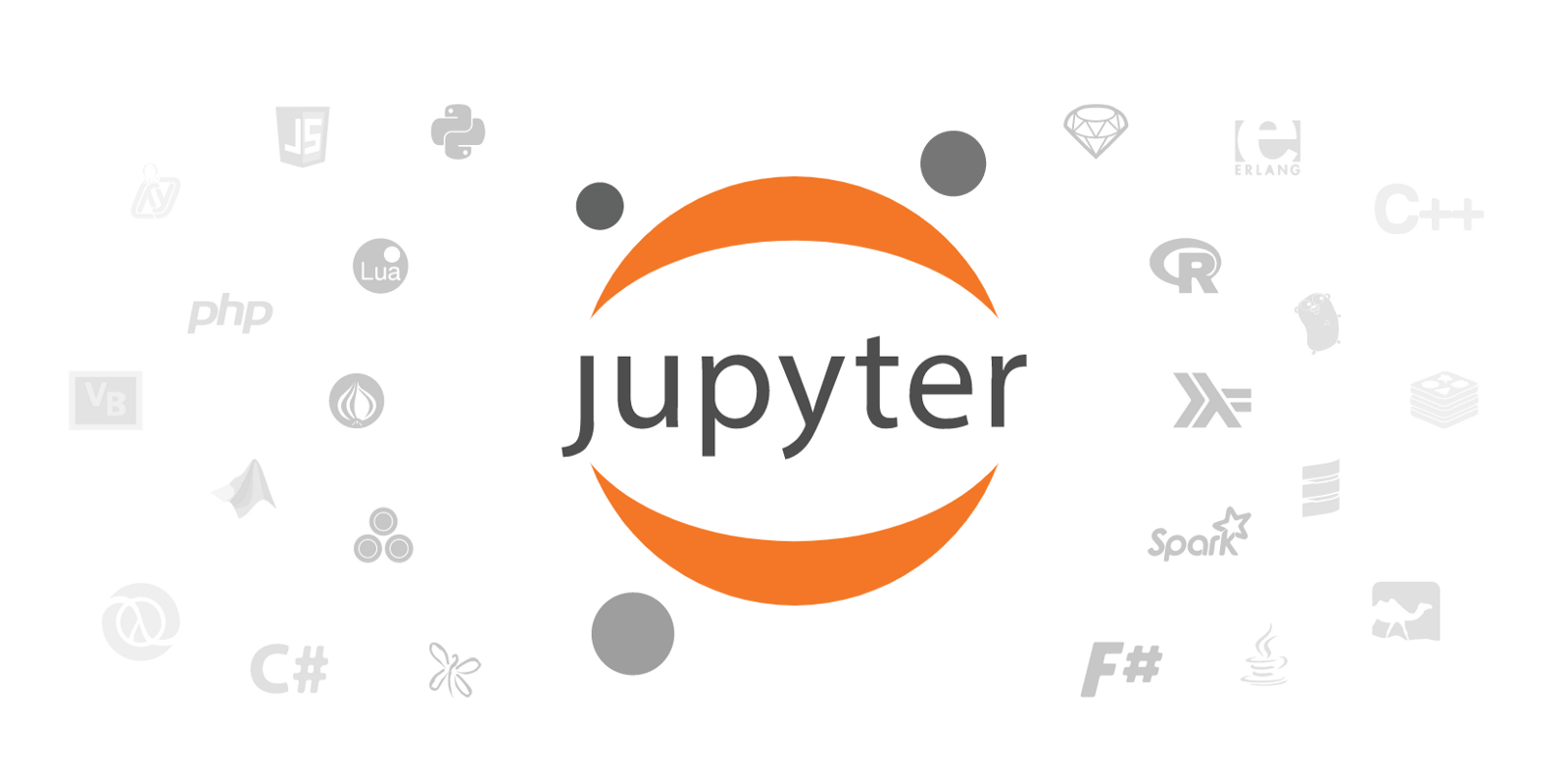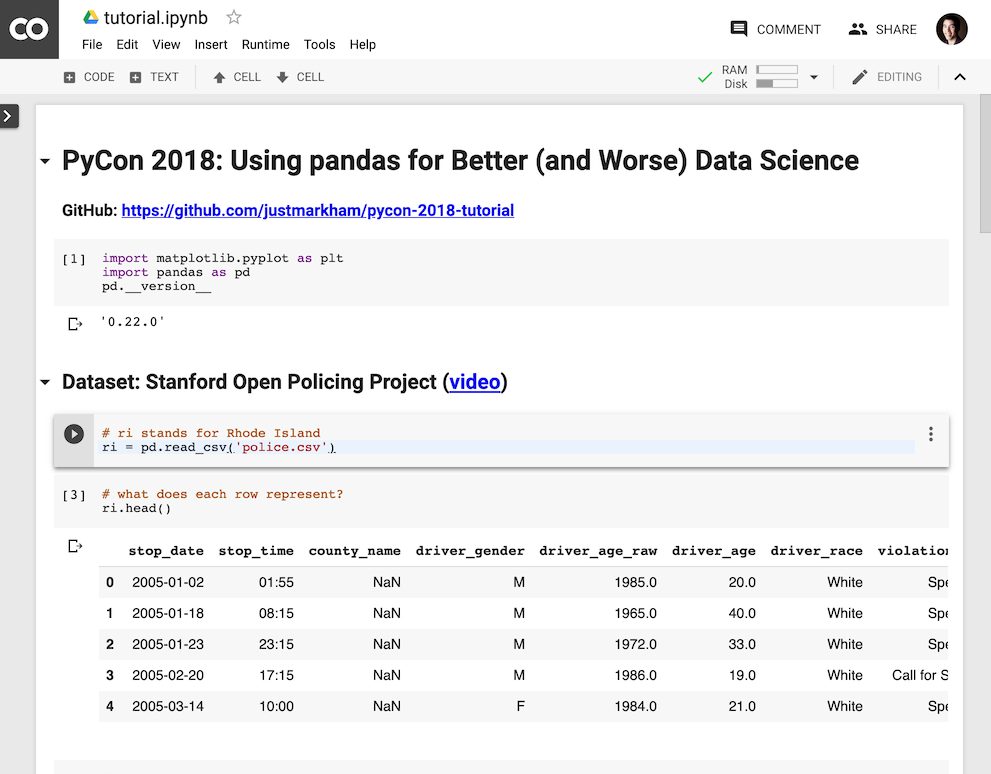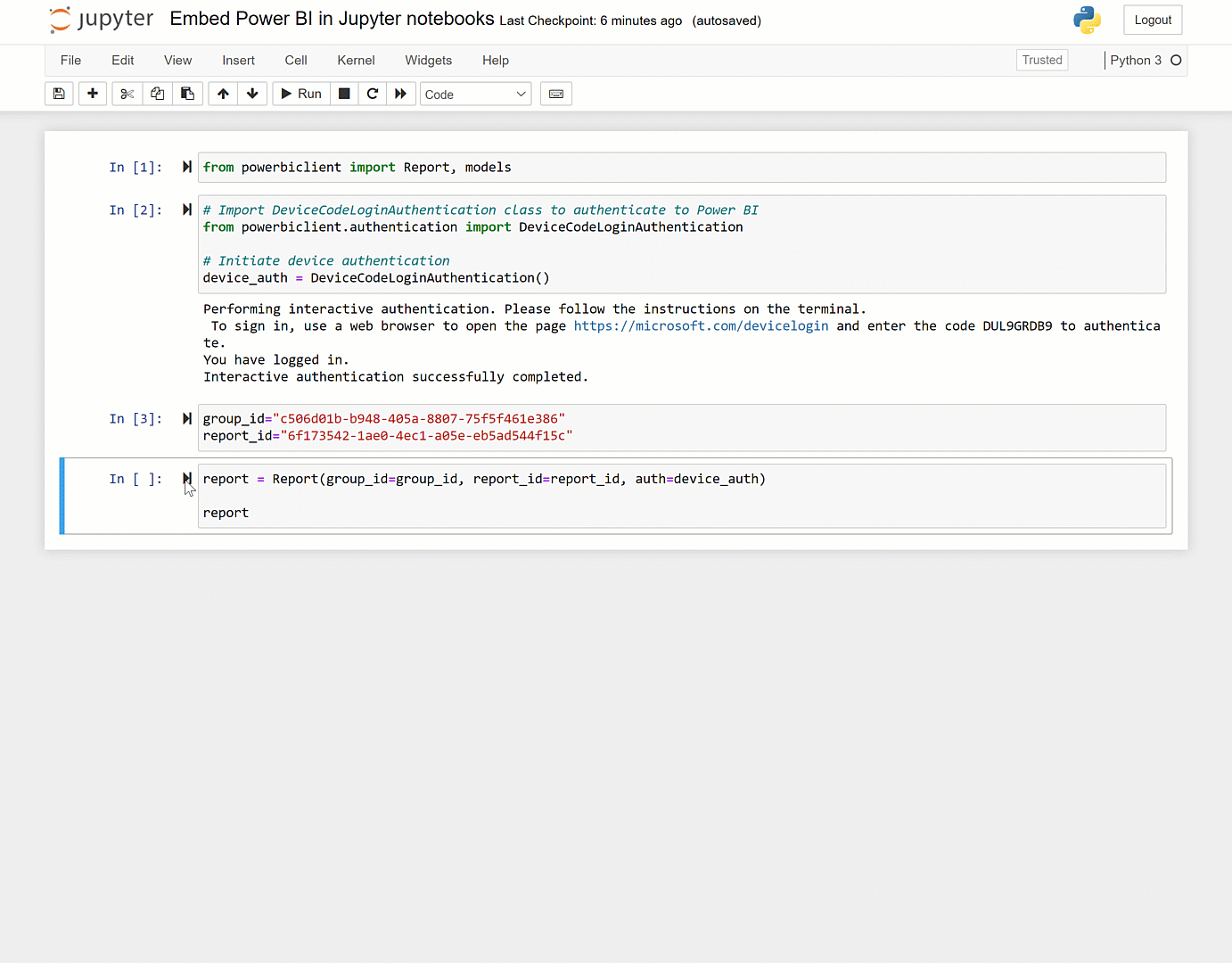

As of the 2.3 release (October 2014), there are 49 Jupyter-compatible kernels for many programming languages, including Python, R, Julia and Haskell. By default Jupyter Notebook ships with the IPython kernel. Usually kernels allow execution of only a single language, but there are a couple of exceptions. Unlike many other Notebook-like interfaces, in Jupyter, kernels are not aware that they are attached to a specific document, and can be connected to many clients at once. Kernels talk to the other components of Jupyter using ZeroMQ, and thus can be on the same or remote machines. A Jupyter kernel is a program responsible for handling various types of requests ( code execution, code completions, inspection), and providing a reply. Jupyter Notebook can connect to many kernels to allow programming in different languages. Jupyter notebooks are built upon a number of popular open-source libraries: Underneath the interface, a notebook is a JSON document, following a versioned schema, usually ending with the ".ipynb" extension. Jupyter Notebook (formerly IPython Notebooks) is a web-based interactive computational environment for creating notebook documents.Ī Jupyter Notebook document is a browser-based REPL containing an ordered list of input/output cells which can contain code, text (using Markdown), mathematics, plots and rich media. According to the Project Jupyter website, "Jupyter will always be 100% open-source software, free for all to use and released under the liberal terms of the modified BSD license".

Project Jupyter's operating philosophy is to support interactive data science and scientific computing across all programming languages via the development of open-source software. In 2015, GitHub and the Jupyter Project announced native rendering of Jupyter notebooks file format (.ipynb files) on the GitHub platform.

Jupyter is language agnostic and it supports execution environments (aka kernels) in several dozen languages among which are Julia, R, Haskell, Ruby, and of course Python (via the IPython kernel). IPython continues to exist as a Python shell and a kernel for Jupyter, while the notebook and other language-agnostic parts of IPython moved under the Jupyter name. In 2014, Fernando Pérez announced a spin-off project from IPython called Project Jupyter.

Galileo Galilei's manuscript from 1610 with observations of Jupiter (⊛) and four of its moons (✱), whose depiction helped inspire the Jupyter logo


 0 kommentar(er)
0 kommentar(er)
